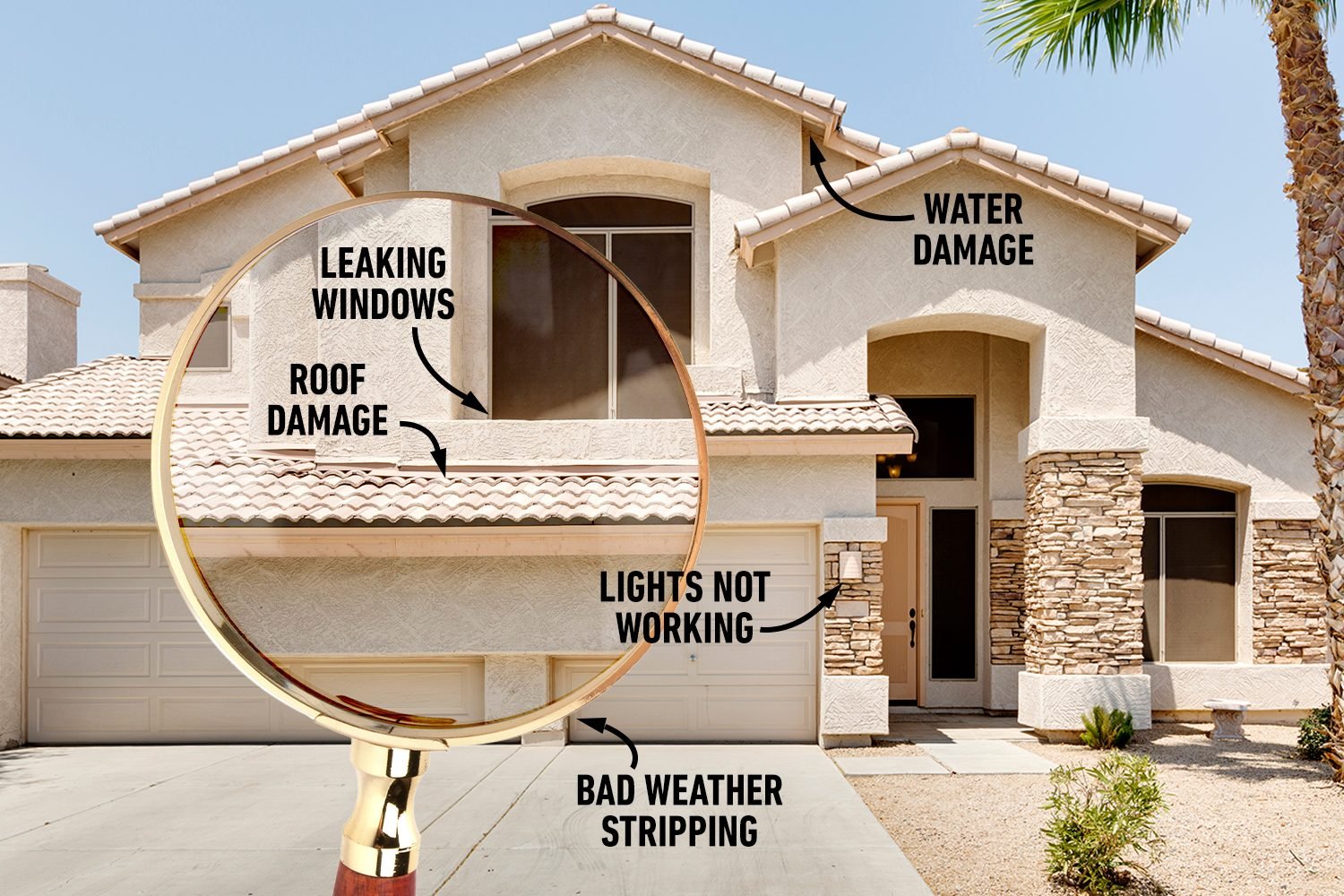
Before buying a house, there are several important factors and considerations to check and evaluate to ensure that you are making a wise investment. Here’s a checklist of things to look for and consider:
- Budget and Financing:
- Determine your budget and secure your financing through a mortgage or other means.
- Location:
- Evaluate the neighborhood, proximity to essential amenities, schools, hospitals, and your workplace.
- Consider the safety and overall quality of the neighborhood.
- Property Inspection:
- Hire a professional home inspector to thoroughly examine the house for structural issues, electrical problems, plumbing, and other potential concerns.
- Condition of the House:
- Check for signs of water damage, mold, and pest infestations.
- Inspect the roof, foundation, walls, and floors.
- Utilities and Systems:
- Ensure that all utilities (water, gas, electricity) are functioning properly.
- Test heating, cooling, and plumbing systems.
- Legal Aspects:
- Verify the property’s legal status, including ownership, land titles, and any outstanding liens or encumbrances.
- Review local zoning regulations and building codes.
- Property History:
- Ask for the house’s history, including any renovations, repairs, or past issues.
- Future Renovation Potential:
- Consider if the house meets your current and future needs, and whether you can make modifications if necessary.
- Neighborhood and Community:
- Get to know your potential neighbors and the overall community.
- Resale Value:
- Consider the potential for the property’s future resale value.
- Homeowners Association (HOA):
- If the property is part of an HOA, review their rules, regulations, fees, and any pending assessments.
- Environmental Factors:
- Research potential environmental hazards like flooding, earthquake zones, or other natural risks.
- Schools and Education:
- If you have children or plan to, research the quality of local schools.
- Transportation and Commute:
- Consider the convenience of public transportation and your daily commute.
- Amenities:
- Evaluate the availability of nearby amenities such as parks, shopping, and recreational facilities.
- Property Taxes and Insurance:
- Understand the property tax rates and the cost of homeowners’ insurance.
- Negotiate and Inspect Repairs:
- Based on your inspection, negotiate with the seller for any necessary repairs or adjustments to the price.
- Final Walkthrough:
- Do a final walkthrough to ensure the house is in the same condition as when you made your offer.
- Legal Documents:
- Review and understand all legal documents, including the sales contract and any disclosures.
- Home Warranty:
- Consider purchasing a home warranty to cover potential repairs and replacements after purchase.
It’s highly advisable to work with a real estate agent or attorney who specializes in real estate transactions to guide you through the process and ensure that all the necessary steps are taken to protect your interests

Houes Inspection Terms & conditions
House inspections involve various terms and concepts that homebuyers, sellers, and inspectors use to assess the condition of a property. Here are some common house inspection terms:
- Inspector: The professional hired to evaluate the property’s condition and provide a detailed inspection report.
- Pre-Purchase Inspection: A thorough examination of a property before a buyer finalizes the purchase.
- Walk-Through: A visual inspection where the inspector assesses the property without testing systems or equipment.
- Report: The detailed document provided by the inspector, outlining their findings and assessments.
- Deficiency: Any aspect of the property that does not meet the expected standard or code requirements.
- As-Is: Indicates that the property is being sold in its current condition without any warranties or guarantees for repairs.
- Crawl Space: A low, accessible area beneath a home used for plumbing, electrical, and HVAC system access.
- Roof Inspection: A detailed assessment of the roof’s condition, including shingles, flashing, gutters, and any damage or leaks.
- Foundation Inspection: Examination of the building’s foundation to check for cracks, shifting, or settling.
- HVAC Inspection: Assessment of the heating, ventilation, and air conditioning systems, including the furnace, air conditioner, and ductwork.
- Plumbing Inspection: Examination of the plumbing system, including pipes, fixtures, drains, and water pressure.
- Electrical Inspection: Evaluation of the electrical system to ensure it is up to code and safe, including outlets, wiring, and the breaker panel.
- Termite Inspection: Inspection for termite or pest infestations, including wood damage and the presence of insects.
- Mold Inspection: Assessment of potential mold growth, especially in areas with moisture issues.
- Radon Inspection: Testing for radon gas, a naturally occurring radioactive gas that can be harmful if it accumulates in high concentrations.
- Lead Paint Inspection: Evaluation for the presence of lead-based paint, common in older homes.
- Sewer Inspection: Examination of the sewer lines and connections to identify any blockages or damage.
- Moisture Meter: A tool used to measure the moisture content in building materials to detect leaks or water damage.
- Thermal Imaging Camera: A device that captures heat radiation, helping to identify insulation issues, water leaks, or electrical problems.
- Code Compliance: Assessing whether the property meets local building codes and regulations.
- Estimate: A rough calculation of the cost to repair or replace any identified deficiencies.
- Structural Inspection: A detailed examination of the structural components of the property, such as beams, columns, and load-bearing walls.
- Well and Septic Inspection: Examination of well water quality and the condition of septic systems in rural properties not connected to city services.
- Appraisal: A separate evaluation of the property’s value by a certified appraiser.
- Risk Assessment: An evaluation of any potential hazards or health risks associated with the property.
- Ductwork Inspection: Assessment of the condition of heating and cooling ducts.
These terms provide a foundation for understanding the key aspects of a house inspection, helping you make informed decisions when buying or selling a property. It’s essential to work with a qualified inspector to ensure a comprehensive assessment of the property.
For more usefull articles please subscribe our news letter form.

